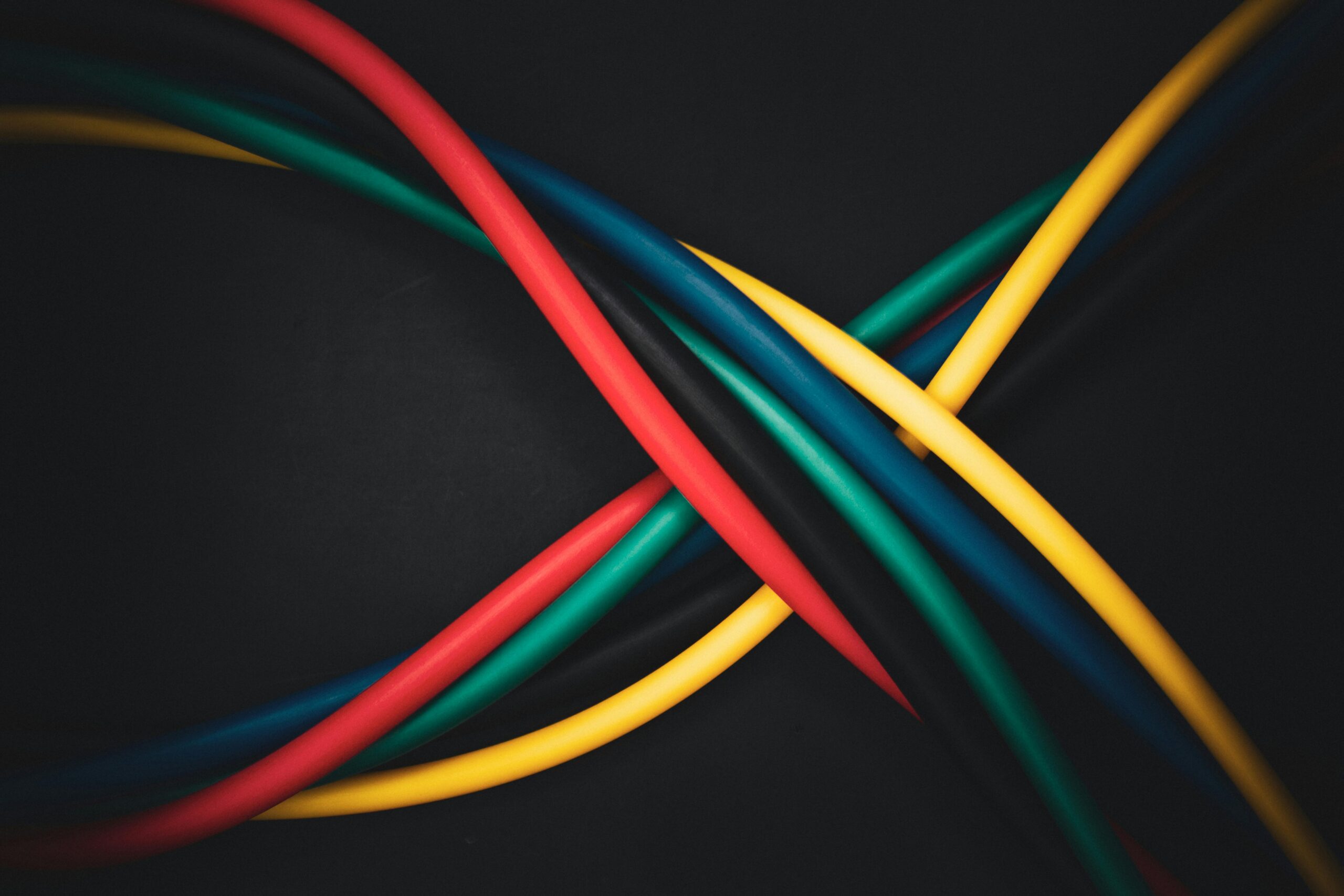Entry 1: Emotional → Physical → Social
Title:
When You Don’t Say How You Feel — Your Body Says It for You
You think you’re holding it together.
You’re calm on the outside.
You nod.
You say “it’s fine.”
You keep moving.
But inside?
There’s a storm no one sees.
That text you didn’t respond to.
The thing your coworker said.
The memory that still stings.
The comment that landed harder than it should have.
You bury it.
Because you don’t want conflict.
Or vulnerability.
Or attention.
You tell yourself, “It’s not a big deal.”
But your body disagrees.
The First Wire: Emotional Suppression
You’re not expressing.
You’re compressing.
- You bite your tongue.
- You hold back tears.
- You fake smiles because it feels safer than honesty.
- You try to stay strong by staying silent.
But that silence has a cost.
Because emotion isn’t energy that disappears.
It’s energy that relocates.
And when it doesn’t come out through words—
it comes out through the body.
The Second Wire: Physical Tension
- Your jaw clenches while you sleep.
- Your stomach knots before meetings.
- Your shoulders feel like bricks.
- Your chest tightens at random moments.
- You grind your teeth.
- You hold your breath without realizing.
And the worst part?
You don’t even link it to emotion.
You think it’s posture. Stress. A long week.
But your body is translating what your voice won’t say.
And when that physical tension stays locked in long enough—
you start to break.
The Third Wire: Social Reactions
Eventually, it spills.
- You snap at someone who didn’t deserve it.
- You isolate because you’re overstimulated.
- You can’t hold space for others because you’re full of unspoken weight.
- You’re irritable, defensive, withdrawn.
People around you notice something’s off—
but they don’t know what.
They can’t see the pressure building underneath your smile.
So your relationships take the hit.
Not because you don’t care.
But because you’re carrying too much alone.
The Way Back: Releasing the Circuit
It starts with something simple.
- Naming how you feel—before it erupts.
- Talking it out with someone safe.
- Journaling what you can’t say yet.
- Crying without apology.
- Moving your body to release what your voice can’t.
Let your system exhale.
Not once. But often.
Because when you feel safe expressing emotion,
you stop weaponizing it later.
Closing Thought:
You don’t have to explode to be heard.
You don’t have to withdraw to survive.
You just have to stop asking your body to carry what your heart is trying to say.
That’s the untangle.
That’s the Cushy way.
